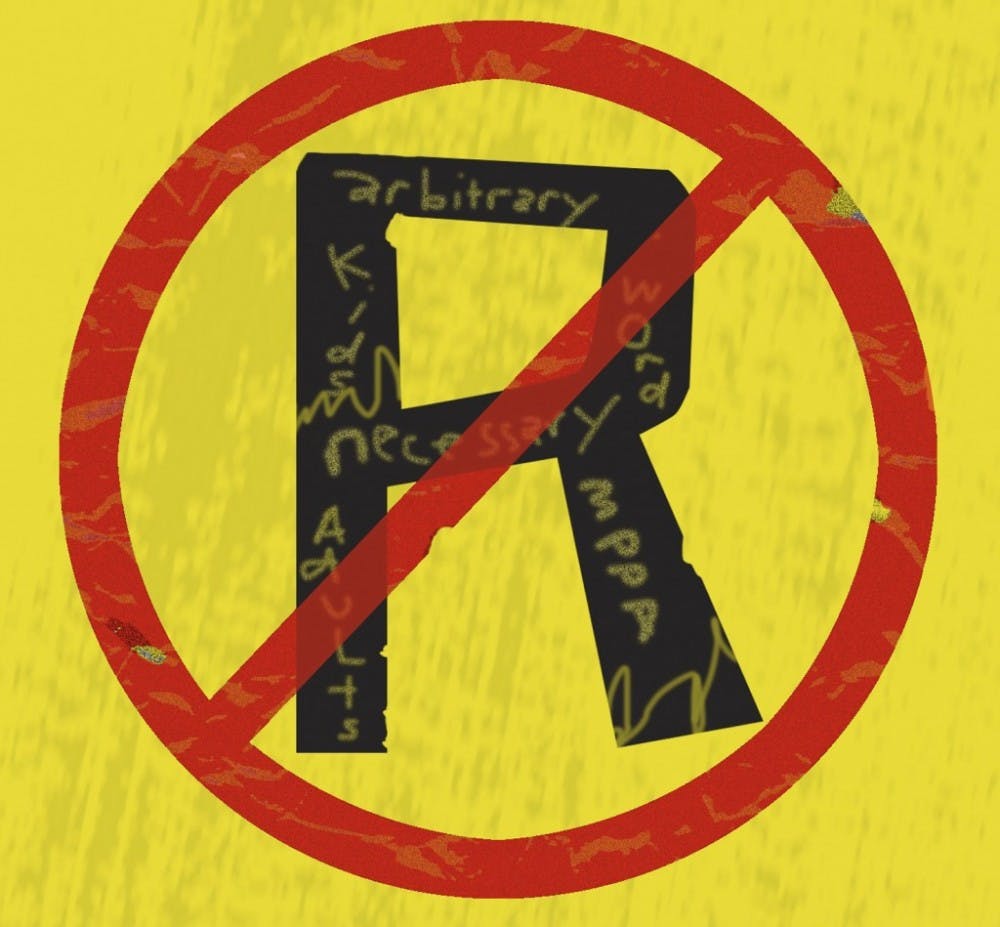When I saw “Titanic” for the first time, my mom covered my eyes. Sex scenes were not OK in my household until I was in junior high, which is fair. Violence was equally frowned upon, and I distinctly remember putting a pillow in front of my face when my family watched “Gremlins” one night. Naturally, nobody was fond of curse words. But an official rating isn’t what determined what I did and did not see. It was the sex, violence and language itself – and the value they offered—that kept me from watching “Borat” until I was 19.
 My parents were strict, I’ll admit. But if I were a child when “Bully” came to theaters, they would have made sure I saw it, despite its rating.
My parents were strict, I’ll admit. But if I were a child when “Bully” came to theaters, they would have made sure I saw it, despite its rating.
The MPAA rates movies in a backward, ineffective and crippling ways. It is designed to benefit the business interests of the big six Hollywood studios, and hardly serves to educate the general public. There are several disparities in ratings, especially between male and female sexuality, homosexuality and heterosexuality and violence and sex. Ever watched the documentary “This Film is Not Yet Rated?” Take a peek.
So when the MPAA slapped an R on “Bully,” the first film to ever offer insight into the lives of bullied children, who was it protecting and why? I’m a skeptic when it comes to this organization. “The King’s Speech” got an R, alongside “Saw 3D.” Notice the culture value inconsistency.
If ratings can be so ambiguous, they cannot dictate what we deem appropriate, especially not now. Bullying is an issue that cannot be ignored by children, as the MPAA is indirectly suggesting. More than 13 million American kids will be bullied this year, making it the most common form of violence for young people. If current forms of intervention and education aren’t working, then “Bully” is a great way to bring the message home. Witnessing what goes into the suffering of bullying victims could instill change in current offenders. Is that something we’re willing to give up because of an R rating?
I’m not a parent, so I can’t speak about the desire to keep my children from hearing foul language. It is every mother or father’s right to decide what their child is exposed to. Fine. But as a fact of life, they’ll hear those expletives anyway — at school on TV or in plenty of others films that scraped by without an R rating. To hear these cruel and damaging words associated with the act of bullying and being bullied could be a force of change.
We cannot take stock in MPAA ratings. They cannot determine the future of American children or the end of bullying.


